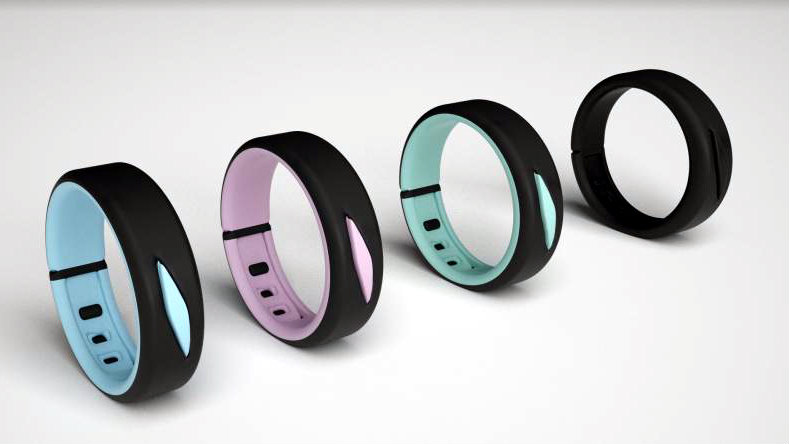This vibrating bracelet encourages your body to have lucid dreams
We’ll believe it when we see it

Sign up for breaking news, reviews, opinion, top tech deals, and more.
You are now subscribed
Your newsletter sign-up was successful
If you could control your dreams, what would you do? Maybe you would take to the skies and fly over your favorite city, meet your favorite celebrity, or turn back time. Perhaps you would even break the law without fear of the consequences.
True lucid dreaming - or the ability to be aware of dreaming and even control what you do in your dreams - is an aspiration for many, but with only 20% of us experiencing it regularly, it’s a fantasy for most. Well, thanks to the InstaDreamer, it could soon become a reality, following a successful Kickstarter campaign. the vibrating Fitbit-style bracelet is due to begin production this month.
The fitness tracker-like bracelet works by using Pavlovian conditioning via vibrations to your wrist, training the brain to recognize when you’re dreaming - after which you should in theory be able to take control of your dream.
Pavlov’s bracelet
The InstaDreamer vibrates throughout the day, reminding you to acknowledge when you are awake. At night, it detects which stage of REM sleep you are in and supposedly vibrates at the “best part of your dream”, alerting you to the fact you are dreaming.
Once you are aware that you are dreaming, the creators of the InstaDreamer claim that you will then be able to take control of the dream and act out your wildest fantasies…

Just a pipe dream?
As lucid dreaming and the wider study of consciousness is an area that is not fully understood by scientists, the claim that the InstaDreamer will successfully trigger them is spurious at best.
The team behind the bracelet has reported that 70% of testers experienced lucid dreams within three nights of using the device, but it hasn't provided any further detail into the sample size of the study.
Sign up for breaking news, reviews, opinion, top tech deals, and more.
The quality and frequency of dreams vary so wildly between different people, and a great deal of the research into lucid dreaming is based on self reporting, throwing the validity of these results into question. Even so, with over $120,000 worth of crowdfunding behind the InstaDreamer, it’s clear that there is a market for this kind of technology... only time will tell if it actually works.
The InstaDreamer is due to go into production this month, and the first batch is set to go out to backers in February 2019.

Olivia was previously TechRadar's Senior Editor - Home Entertainment, covering everything from headphones to TVs. Based in London, she's a popular music graduate who worked in the music industry before finding her calling in journalism. She's previously been interviewed on BBC Radio 5 Live on the subject of multi-room audio, chaired panel discussions on diversity in music festival lineups, and her bylines include T3, Stereoboard, What to Watch, Top Ten Reviews, Creative Bloq, and Croco Magazine. Olivia now has a career in PR.